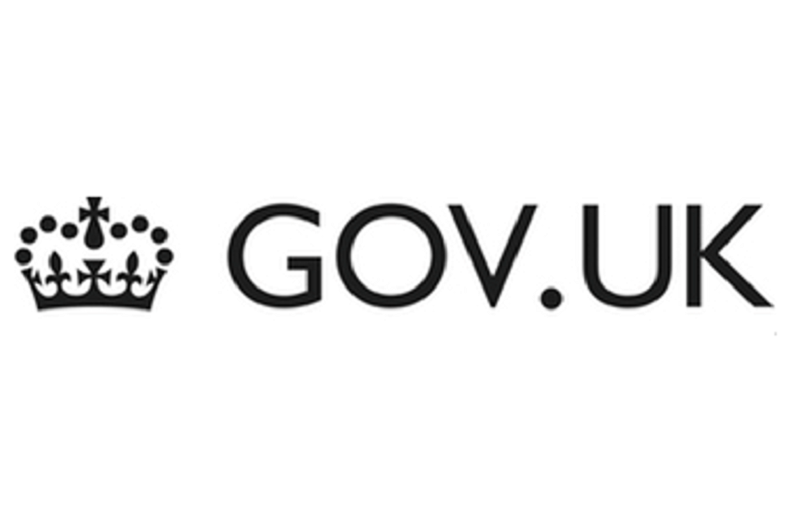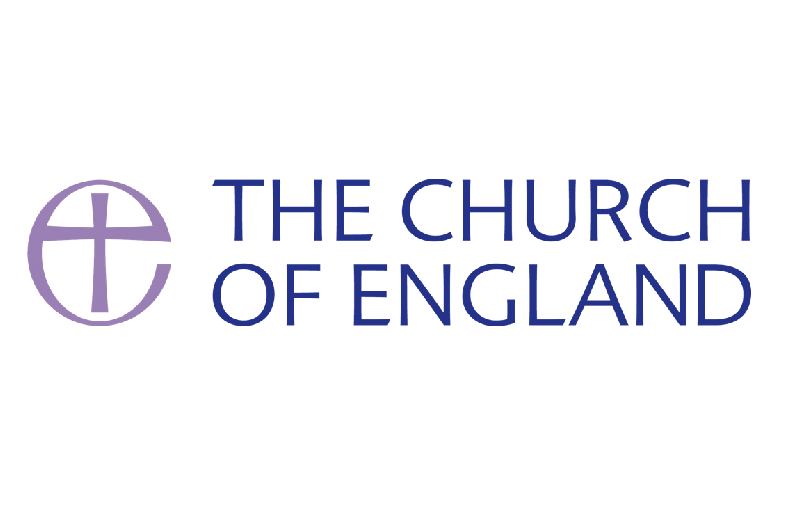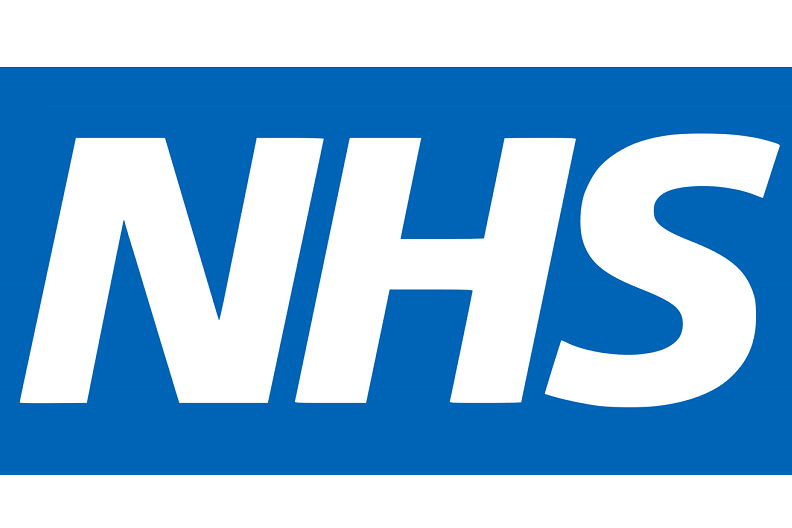Government guidance
Government guidance for places of worship Find out more.
Church of England guidance
Regularly updated guidance Find out more.
NHS guidance
NHS regularly updated guidance. Find out more.
As restrictions are lifted, The Bishop of London, Sarah Mullally says, “Your actions - whether noticed or unnoticed, big or small - have been the glue which has held our communities and our nation together during this time of great need." full statement here. The guidance on the Church of England page has been updated - highlights include:
Legal requirements:
- Size of Gatherings - The legal limits on the numbers of people allowed to meet indoors and outdoors have been removed, including all capacity limits in churches and other venues, as well as the removal of the 1 metre+ social distancing rules
- Face coverings - Face coverings are no longer mandatory in any setting. However, they may be recommended in enclosed or crowded places, particularly where you come into contact with people you don’t normally meet. Churches may continue to ask people to wear a face covering until local rates are lowered.
- NHS Covid Pass - this is no longer mandatory for any event.
Worship:
- Singing – please note the guidance on page 3 of the document. There are no longer any restrictions on singing but given the higher risk of transmission from this activity, you and your PCCs may wish to continue to take specific precautions concerning singing.
- Communion in two kinds - The common cup may now be shared but, given continued potential risks to health, it remains permissible for the time being for the president to be the only person who receives Holy Communion in the form of wine. Simultaneous administration of consecrated bread and wine (the president dips the bread in the wine before administering to the communicant) also remains an option. It is also the case that individual communicants may choose to receive in one kind only, this is perfectly in order even when communion in two kinds is offered.
- Online meetings - I have made directions under rule 78(5)(b) of the Church Representation Rules and Section 10(1) of the Churchwardens Measure for meetings such as PPCs and deanery synods that they may be held online. This provides the necessary legal cover for those who wish to hold meetings in this way.
Help stop the spread of Covid-19 and encourage, those who are eligible, to get vaccinated. Don’t wait - get a booster as soon as possible - book in your jab or find a walk-in centre with availability. Encourage others to get a jab too whether it is their booster, first or second vaccination.
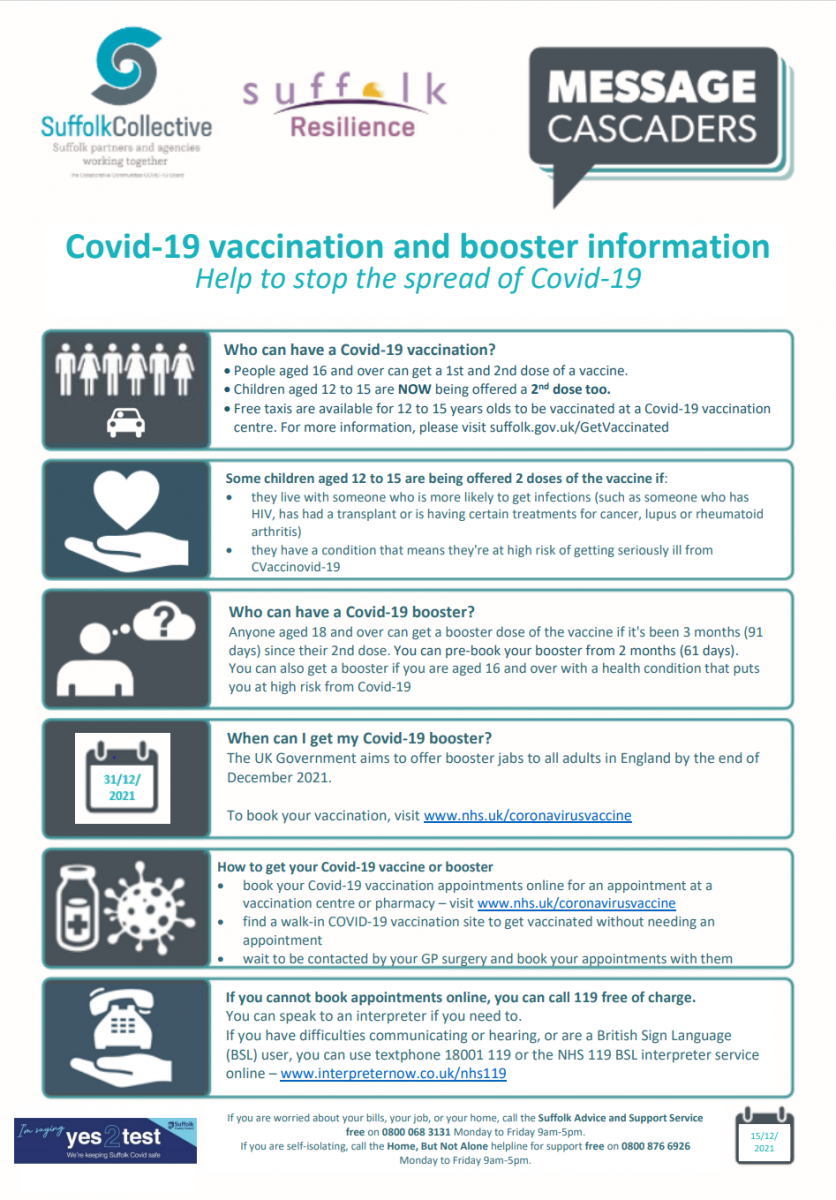
Supporting Clinically Extremely Vulnerable (CEV) People
Churches need to consider how best to support members of the congregation and community who remain clinically extremely vulnerable (CEV) and those who are anxious about the lifting of restrictions. It is important that no one feels compelled to do anything that will put them at undue risk. The practice of Spiritual Communion and attending services online is perfectly acceptable in the current context. Where appropriate, a pastoral conversation with individuals to understand their specific circumstances and concerns may be helpful.
For information, Government guidance for people who are clinically extremely vulnerable can be found here. This guidance notes the risk of catching or passing on Covid-19 is generally higher:
- in crowded spaces, where there are more people who might be infectious
- in enclosed indoor spaces where there is limited fresh air
- when Covid-19 disease levels are high in the general community
It is worth considering these three factors when making local decisions about the provision for CEV people in your worship and other activities.
CEV lay ministers, church officers and PCC members should discuss with their incumbent ways to best meet their needs and circumstances to allow them to continue to fulfil their roles in a safe way. This may include, for example, continuing to hold meetings online, a combination of online and in-person or holding meetings outside. A discrete conversation between the incumbent and those concerned is encouraged to find an effective way to mitigate any risk.
Clergy who have concerns for themselves or a member of their household should contact their Archdeacon to discuss the best way to proceed.
What to do if informed of confirmed cases?
When you are informed of more than one confirmed case with symptoms dating within 14 days of each other, please follow the Action Card guidance and make Public Health aware:
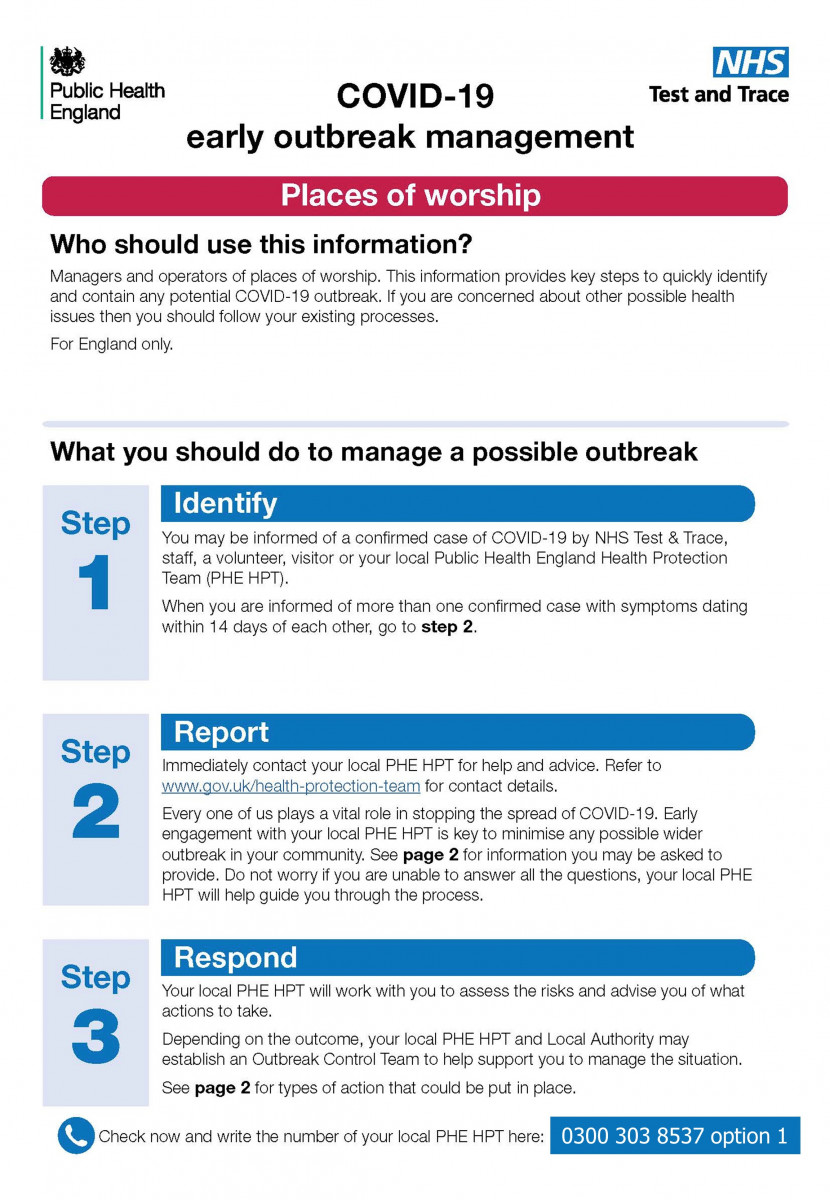
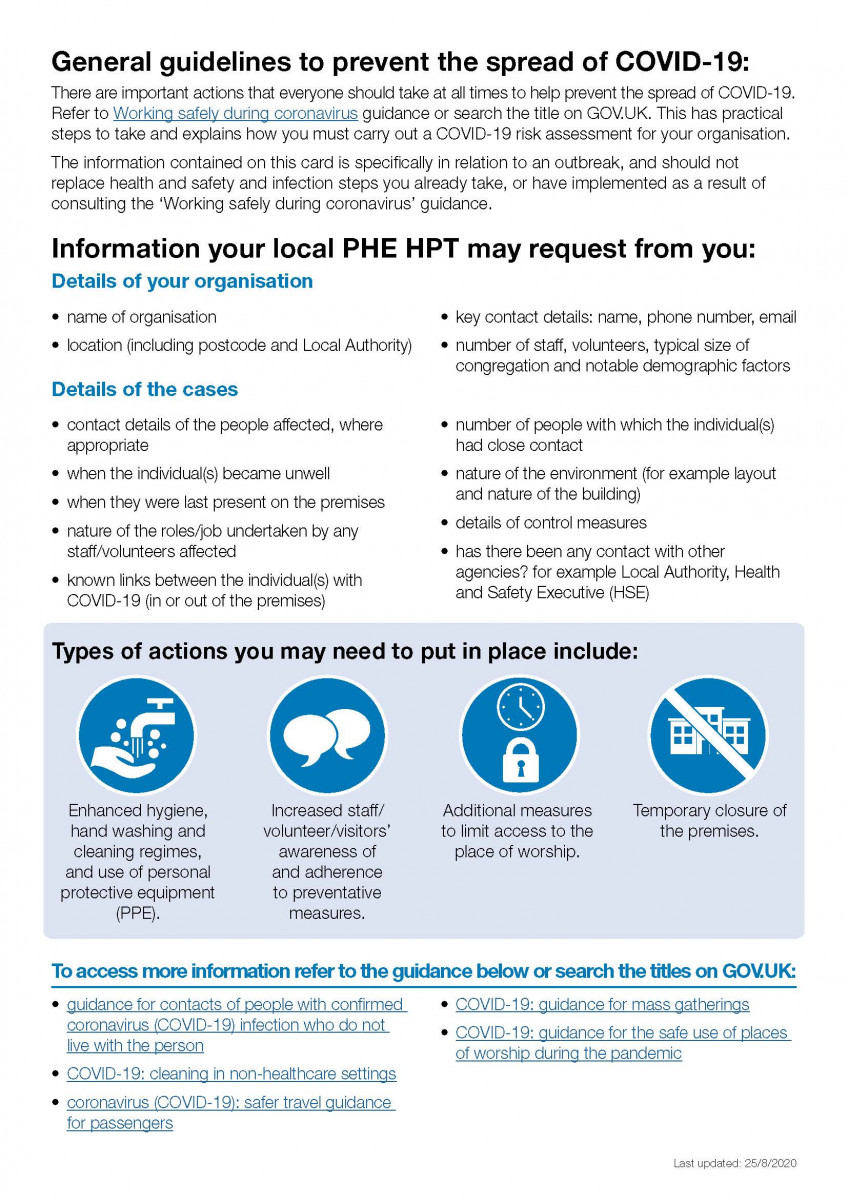
Parish Finances
Generous giving
The work of our church is reliant on people’s generosity, a generosity that is a hallmark of a lived-out faith and a testament to it. Encouraging giving in a parish can feel daunting, but it need not be so. There is a new simple tool available by the Church of England digital team. This personalised giving video can set the right climate for people to review their giving and levels of generosity. There is a short and longer video which could be used on your A Church Near You page or edited into during your streamed or pre-record service. Visit www.achurchnearyou.com to find the resource.
The Parish Resources website has a ‘digital giving’ website page which may be helpful. Alongside other resources available on Facebook - Guidance on how to add a donate button to a charity Facebook page here and finally linking to online shopping fundraising opportunities such as easyfundraising® which is the UK’s biggest charity shopping fundraising site.
Parish Resources | Weblink
For more information please visit:
Stewardship | Weblink
Funding opportunities
For the latest funding opportunities please visit:
Current fundraising opportunities | weblink
Bell ringing
Information is updated regularly please visit the Central Council of Church Bell Ringers website here for the most up to date guidance.
Care of Church Buildings
Lead theft - The Suffolk police have recently re-issued their guidance for churches and this can be found here.
In addition, please encourage neighbours to keep an eye on the church building and make sure the contact details of the churchwarden are displayed.
Lead theft | weblink
Faculty rules - don't forget that the new faculty rules took effect from 1 April. An evolution rather than a revolution and the good news is that more work can be done under List B than before and there is an increase in the number of items that don’t need any permission at all (List A). The new Lists are available here. You are encouraged to use the online faculty system (OFS) for your List B and faculty applications. All faculties via OFS will be charged at £200, paper-based applications will incur a fee of £250.
Broadband in churches | Weblink
Safeguarding
If your church/cathedral is taking responsibility for organising a volunteering service (rather than people helping neighbours or family as private citizens), then you must follow usual safeguarding policies, procedures and practice guidance. This page on the Church of England website includes a various links to COVID-19 Safeguarding guidance and factsheets.
Disclosure and Barring Service (DBS) renewals must still take place when required. The DBS has provided updated information regarding identity checks in light of COVID-19 available here.
Safeguarding training | Weblink
Scamming
Please note that the Local Government Association (LGA) has warned of strangers and cold callers trying to exploit the elderly and vulnerable while we all try to meet the challenge of COVID-19. We must be alert, support our communities and ensure our outreach and ministry continues to be compassionate and safe.
A prayer for all those affected by coronavirus
Keep us, good Lord,
under the shadow of your mercy.
Sustain and support the anxious,
be with those who care for the sick,
and lift up all who are brought low;
that we may find comfort
knowing that nothing can separate us from your love
in Christ Jesus our Lord.
Amen.
